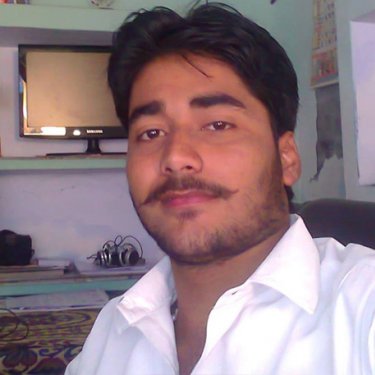India: Uttar Pradesh reporter gunned down for covering sand mafia

Reporters Without Borders (RSF) calls on the authorities in Uttar Pradesh state, in northern India, to appoint an independent team to investigate the shocking murder of Shubham Mani Tripathi, a newspaper reporter who recently said he feared being killed, and to bring the instigators to justice.
A local correspondent for the Kampu Mail, a Hindi-language daily, Shubham Mani Tripathi died on the spot when he was shot six times, three of them in the head, on 19 June in Unnao, a suburb of Lucknow, the state capital. In a recent Facebook post, he said he feared he could be killed because of his investigations into land expropriations of questionable legality linked to illegal sand mining.
Kampu Mail local bureau chief Ritesh Shukla mentioned the name of Divya Awasthi, a local businesswoman involved in land transactions, as did the reporter’s uncle, Dhirendra Mani Tripathi. The NewsClick website quoted him as saying: “There is some government land that Divya Awasthi wanted to take possession of. [Shubham] exposed the matter and [said] she could not do that (...) Her goons had attacked Shubham at his house last year after he exposed her and now have killed him.”
“We call on the Uttar Pradesh authorities to appoint an independent investigation to shed all possible light on Shubham Tripathi’s horrific murder,” said Daniel Bastard, the head of RSF’s Asia-Pacific desk.
“In this region of northern India, the links between sand mafia bosses and local police chiefs mean that, when journalists are murdered in connection with their reporting, the police investigation is almost always closed without further action. The vicious cycle of impunity needs to be broken by means of legislation guaranteeing journalists’ safety.”
Dangerous state
India’s most populous state, Uttar Pradesh is also one of the most dangerous regions for journalists, especially those who try to cover the sand mafia, the name given in India to those who illegally mine sand from riverbeds for sale to the construction industry.
In 2016 alone, two journalists, Karun Misra of the Jansandesh Times and Ranjan Rajdev of the Hindustan Daily, were killed by gunmen on motorcycles in separate attacks after covering such illegal mining. In June 2015, the journalist Jagendra Singh died from the severe burns he sustained when set on fire during a police search of his home. He had been investigating a local government minister’s links to organized crime and illegal mining.
The journalist Haider Khan was badly beaten and dragged behind a motorcycle for 100 metres the same month after writing about dubious land expropriations. In October of that year, men on a motorcycle fatally shot journalist Hemant Kumar Yadav in the chest in reprisal for his reporting. In all of these cases, the police investigations drew a blank and the instigators remain unpunished.
Judicial harassment
When they don’t fall victim to physical violence, Uttar Pradesh journalists who try to do their job are often the targets of judicial harassment orchestrated by the state government headed by Chief Minister Yogi Adityanath, an unwavering supporter of India’s prime minister, Narendra Modi, and his Hindu nationalist policies.
Such was the experience of Supriya Sharma, the executive editor of the Scroll.in news website, and her chief editor, Naresh Fernandes, on 18 June, when the Uttar Pradesh police registered a complaint against them over a story about the coronavirus lockdown’s impact in remote villages in Varanasi, the district that Modi represents in the federal parliament. The two journalists are facing up to five years in prison on the four charges registered by the police.
Siddharth Varadarajan, the editor of The Wire, another independent website, is meanwhile being investigated as a result of a complaint filed on 1 April over an allegedly “fake news” report that the state’s chief minister attended an enormous religious gathering two days after the imposition of a nationwide lockdown.
India is ranked 142nd out of 180 countries and territories in RSF's 2020 World Press Freedom Index.



